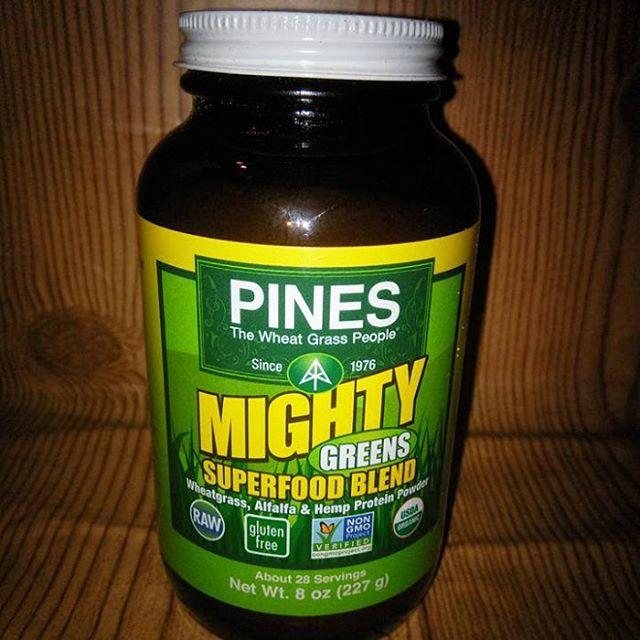When it comes to our furry companions, their health and happiness are always a top priority. As loving pet owners, we often find ourselves concerned when our dogs carry a few extra pounds. Just like in humans, excess weight in dogs can lead to a variety of health issues, including joint problems, diabetes, and a reduced lifespan. The good news is that with the right diet, you can help your overweight dog achieve a healthier weight and enjoy a more vibrant life. In this article, we will explore the types of food that are best suited for overweight dogs, offering guidance on how to select nourishing, balanced meals that will support your pet’s journey to optimal health. Whether you’re looking to make a switch to weight management dog food or seeking homemade recipes, we’re here to provide you with the information and tips you need to make informed decisions that will benefit your beloved canine companion.
Choosing Nutrient-Dense Ingredients for a Healthier Pup
When selecting food for an overweight dog, focusing on nutrient-dense ingredients is key to supporting their health without unnecessary calories. Opt for high-quality proteins such as chicken, turkey, or fish that provide essential amino acids for muscle maintenance. These proteins are not only lean but also help in keeping your pup feeling fuller for longer.
- Fiber-rich vegetables: Incorporate ingredients like sweet potatoes, carrots, and green beans to aid digestion and provide satiety.
- Whole grains: Choose options such as brown rice or quinoa which offer energy and essential nutrients without the added bulk.
- Healthy fats: Include sources like flaxseed or fish oil to ensure your dog gets omega-3 fatty acids, crucial for skin and coat health.
By carefully choosing these ingredients, you not only cater to your dog’s taste buds but also contribute to a balanced diet that supports their weight management journey.

Incorporating Lean Proteins to Boost Metabolism
When selecting the best food for your overweight dog, consider options rich in lean proteins to help support a healthy metabolism. Lean proteins are essential for maintaining muscle mass while promoting fat loss, ensuring your furry friend stays energetic and strong. Look for high-quality sources of protein such as:
- Chicken – Opt for skinless, boneless chicken to reduce unnecessary fat intake.
- Turkey – A great low-fat alternative that provides the necessary amino acids.
- Fish - Salmon and sardines are excellent choices, offering both protein and healthy omega-3 fatty acids.
- Eggs - Packed with protein and easily digestible, eggs are a fantastic addition to your dog’s diet.
Incorporating these lean protein sources into your dog’s meals can be a game-changer. Not only do they help in boosting metabolism, but they also provide the energy needed for your pet to enjoy their daily activities. Always ensure the proteins are cooked and prepared without added oils or seasonings to keep them as healthy as possible. A balanced diet with the right proteins can make a significant difference in your dog’s weight management journey.

Balancing Carbohydrates and Fats for Optimal Energy
When it comes to feeding overweight dogs, finding the right balance between carbohydrates and fats is essential for maintaining their energy levels while promoting a healthy weight. Complex carbohydrates are a great source of slow-releasing energy that can help keep your furry friend active throughout the day. Consider including foods like:
- Whole grains such as brown rice or oatmeal
- Sweet potatoes and other starchy vegetables
- Legumes like lentils and chickpeas
On the other hand, healthy fats are crucial for a shiny coat and optimal brain function. Opt for fats that are beneficial rather than excessive, such as:
- Omega-3 fatty acids from fish oil or flaxseed
- Lean animal fats like chicken or turkey
- Plant-based oils such as coconut or olive oil
By carefully selecting foods that provide a balanced mix of these nutrients, you can help your overweight dog stay energetic and healthy while working towards a more ideal weight.
Exploring Portion Control and Feeding Schedules
When managing the diet of an overweight dog, understanding the significance of portion control and feeding schedules is crucial. Portion control ensures that your dog receives the appropriate amount of calories without overindulging. By measuring meals accurately, you can prevent excessive weight gain and promote a healthier lifestyle. Consider using a kitchen scale to weigh food portions, as this can offer more precision than simply estimating by eye.
Implementing a consistent feeding schedule is equally important. This routine helps regulate your dog’s metabolism and prevents overfeeding. Consider the following tips to create an effective feeding plan:
- Split meals into smaller portions: Instead of two large meals, feed your dog smaller amounts three to four times a day.
- Stick to set meal times: Serve meals at the same times each day to establish a routine.
- Limit treats: Keep treats to a minimum and ensure they are low in calories.
By combining mindful portion control with a structured feeding schedule, you can support your dog’s journey to a healthier weight.

